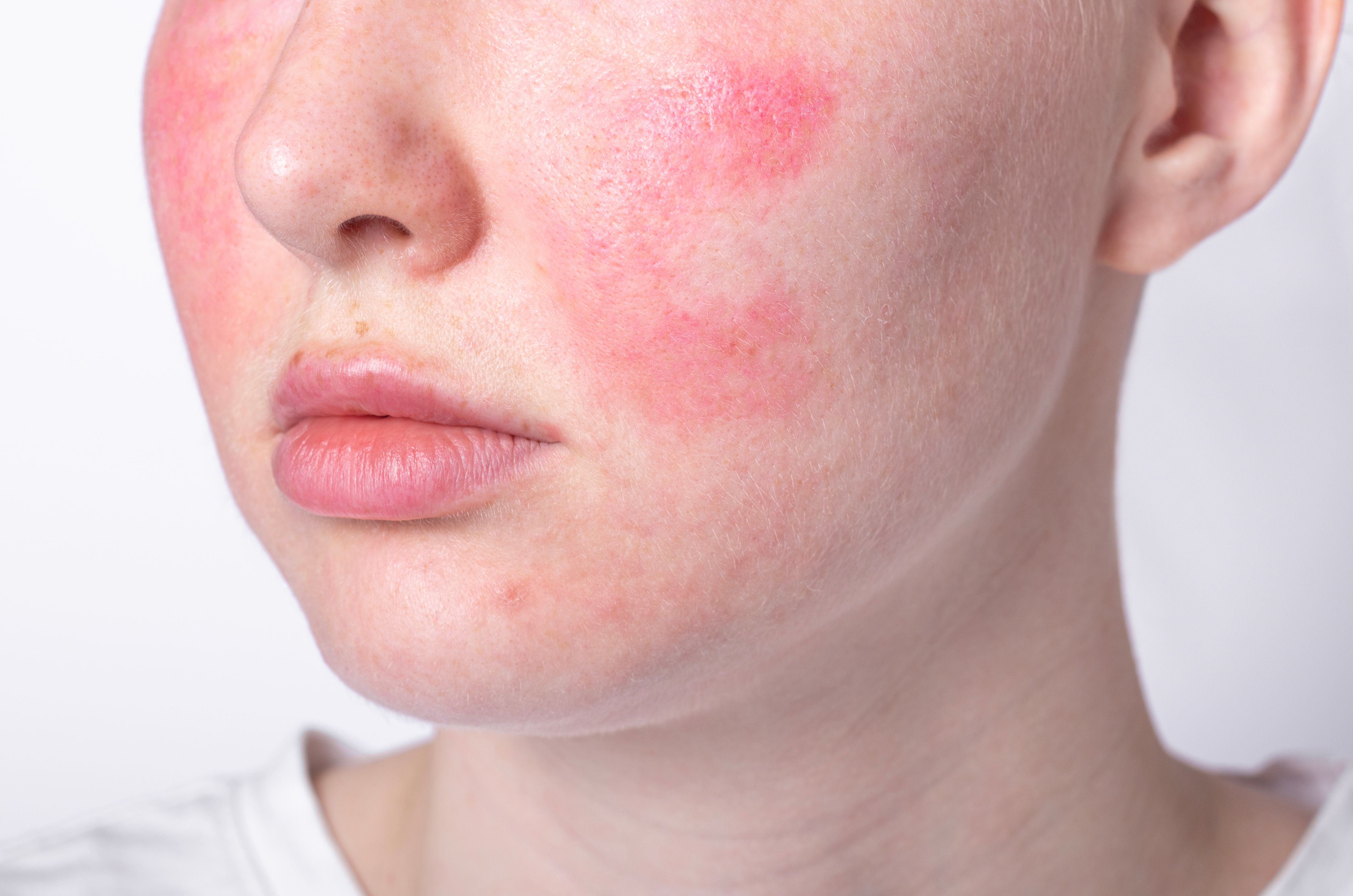- Acne
- Actinic Keratosis
- Aesthetics
- Alopecia
- Atopic Dermatitis
- Buy-and-Bill
- COVID-19
- Case-Based Roundtable
- Chronic Hand Eczema
- Chronic Spontaneous Urticaria
- Drug Watch
- Eczema
- General Dermatology
- Hidradenitis Suppurativa
- Melasma
- NP and PA
- Pediatric Dermatology
- Pigmentary Disorders
- Practice Management
- Precision Medicine and Biologics
- Prurigo Nodularis
- Psoriasis
- Psoriatic Arthritis
- Rare Disease
- Rosacea
- Skin Cancer
- Vitiligo
- Wound Care
Article
Antibiotic resistance matters
Author(s):
Antibiotic resistances are on the rise and as such, it behooves dermatologists to use antibiotics only when necessary and in combination with topical agents wherever possible in order to help stop this alarming trend.
Antibiotics are one of the cornerstone therapies for numerous dermatologic conditions including the treatment of acne and rosacea however their overuse and sometimes misuse has increasingly led to antibiotic resistances.
According to one expert, efforts to limit the use of oral antibiotics only when necessary and employ combination therapies including novel topical formulations may be key in stemming this alarming trend.
READ: Avoid antibiotic monotherapy
“I think that most doctors are aware that antibiotic resistance in general is a significant issue and a concern in relationship to the breeding of resistant strains,” says Lawrence F. Eichenfield, M.D., chief, pediatric and adolescent dermatology, professor of dermatology and pediatrics, Rady Children’s Hospital, San Diego, University of California, San Diego School of Medicine.
“Particularly in dermatology, there have been some concerns because there is some pretty good evidence that we prescribe a lot of antibiotics for the conditions and diseases that we treat, especially acne and rosacea,” he says.
The question remains however whether the use or overuse of antibiotics leads to antibiotic resistance that clinically impacts the disease treated and if the antibiotic resistance matters effect the care of the individual patient.
According to Dr. Eichenfield, the issues aren’t just about treating the individual, but also about the communal and ecologic effects of antibiotic use.
With an estimated two million illnesses a year and over 23,000 deaths associated with bacterial resistance, Dr. Eichenfield stresses that physicians must be more mindful when contemplating antibiotic therapy in their patients.
NEXT: Appropriate use guidelines
Appropriate use guidelines
“It is important that physicians use antibiotics when they need to and I think that there are some appropriate recommendations in place for dermatologists to make sure that they are using antibiotics in the most judicious way possible. While I am highly concerned about antibiotic resistance, I do not tell people not to use antibiotics, but to be thinking about whether they really need to use them,” Dr. Eichenfield says.
Clinicians should use regimens of care that do not rely on antibiotics alone for the treatment of most dermatologic conditions, Dr. Eichenfield says, and when prescribing antibiotics, they should use the antibiotics for the shortest duration possible.
Drug effectiveness decline
According to Dr. Eichenfield, the dermatologic literature shows that some antibiotic agents that were highly effective in the past for some dermatologic conditions aren’t as effective anymore due to the growing bacterial resistances seen.
“In the past, we used to be able to effectively treat impetigo associated with streptococcus and staphylococcus with erythromycin but this is increasingly not the case anymore,” he notes. “Similarly, erythromycin resistant strains such as P. acnes have become very common, so much so that we do not even include that drug in our standard therapies anymore,” Dr. Eichenfield says.
Both acne and rosacea are included in a growing list of conditions and diseases that are being increasingly associated with inflammation and, as such, physicians are slowly shifting their focus toward the anti-inflammatory potential of the therapeutic regimens that they prescribe.
A significant amount of the positive effects of antibiotics may be due to their anti-inflammatory properties, Dr. Eichenfield says, and not just their antimicrobial qualities. Moreover, there is some evidence that using sub-antimicrobial levels - especially with rosacea - may allow appropriate good anti-inflammatory care with minimal impact on the development of antibiotic resistance.
READ: Antibiotic dialogue needs to continue
“Using antibiotics only when necessary and especially pairing them with other medicines and topical regimens of care that can help maintain the benefits that you get when using oral antibiotics is one way to help contain the growing issue of antibiotic resistance,” Dr. Eichenfield says. “The strategy of using combination therapy and then switching over to topicals only can markedly decrease the exposure times and duration of antibiotics.”
NEXT: New drug development
New drug development
The upside to the alarming increase in antibiotic resistance is that it has fueled some of the new drug development in dermatology. According to Dr. Eichenfield, there are new topical retinoids and other agents such as nitric oxide-based medications currently in clinical trials that are not targeted toward bacteria or do not induce bacterial resistance. Other novel topical agents in the pipeline are designed to target acetyl coenzyme-A carboxylase and act to inhibit sebum production, which may prove to be very useful in ameliorating acne severity.
“As we await these new medications in the pipeline, it is important that, for each patient treatment decision, we realize that we are influencing the individual and collective microbiome, as well as the community microbiological ecology. So, as we write our scripts, it is paramount that we balance the best therapy for each patient with the impact that those therapies may have,” Dr. Eichenfield says.
Disclosure: Dr. Eichenfield reports no relevant disclosures.
Newsletter
Like what you’re reading? Subscribe to Dermatology Times for weekly updates on therapies, innovations, and real-world practice tips.














